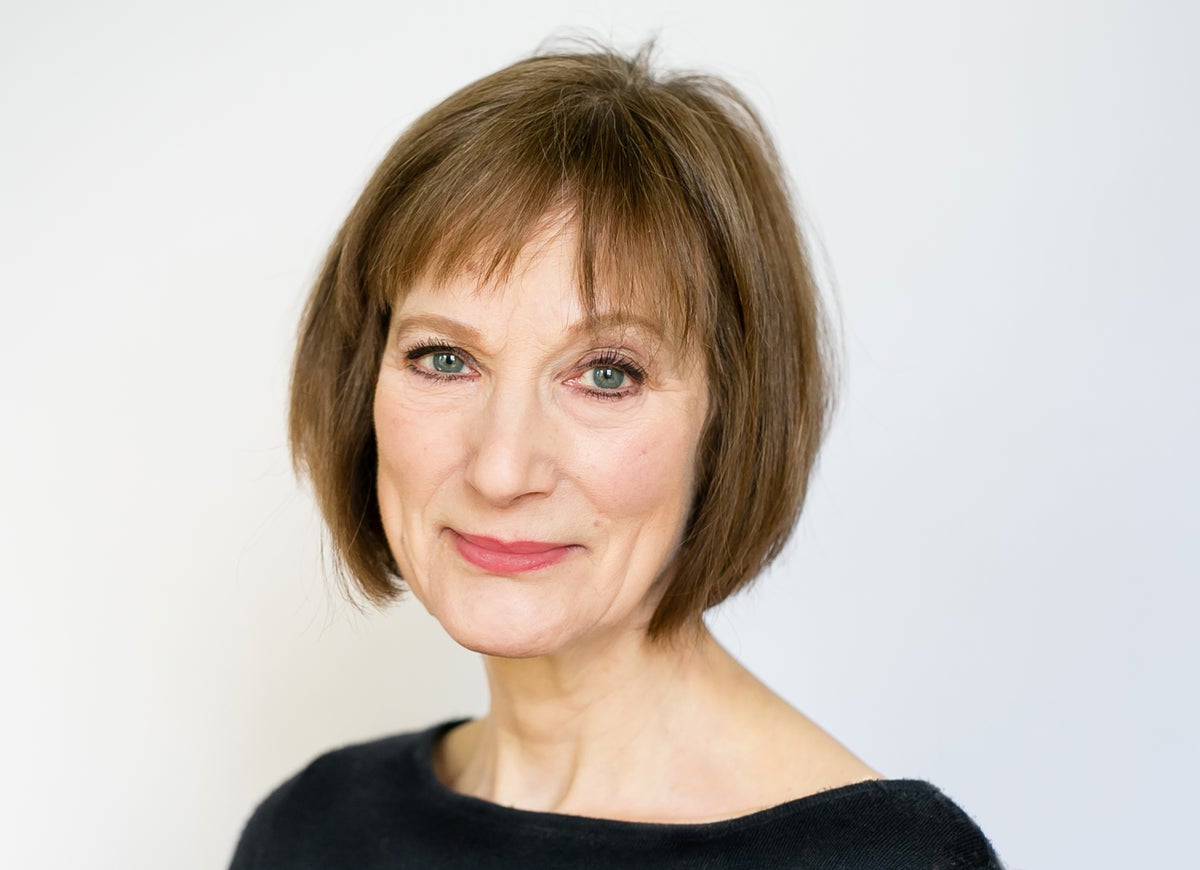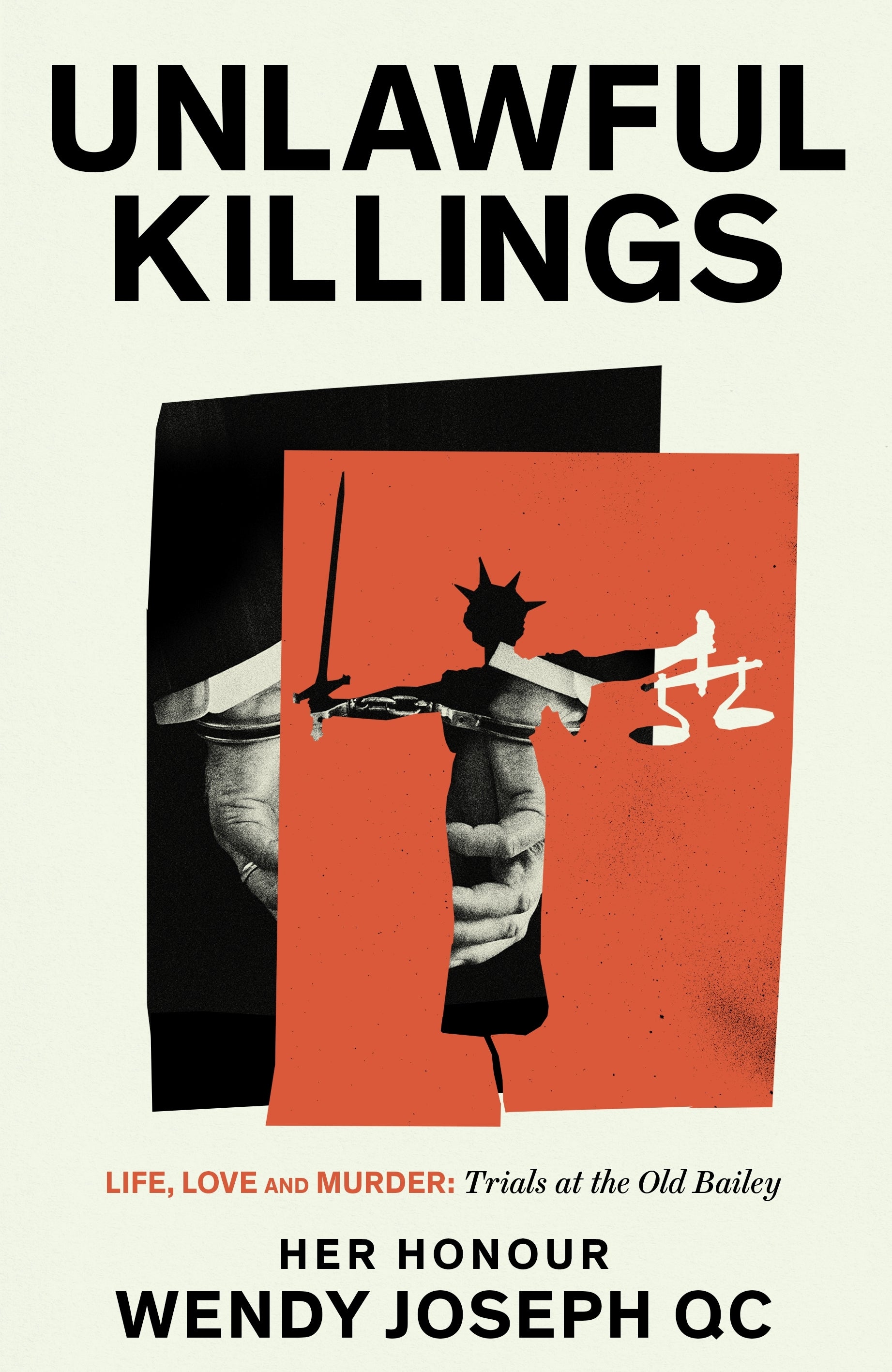
A former Old Bailey judge has highlighted the “dreadful” rise in youth knife killings as she throws back the curtains on the courtroom.
Her Honour Wendy Joseph QC retired in March after spending the last 10 years of a long legal career presiding over some of the most serious cases at the world’s most famous court in London.
She has written a book, entitled Unlawful Killings, in hopes of promoting greater transparency.
In an interview with PA news agency, she said: “The Old Bailey is concerned primarily with serious crime which really concerns the public.
“There’s a little bit of terrorism, but, primarily, most cases I dealt with at the Old Bailey had either a dead body or a nearly dead body in them.
“The types of homicide, if I would talk about them broadly in what you might call layman’s language, are stabbings, shootings, domestic violence, young people carrying knives.
“That hasn’t changed in the sense that it happened then, and it happens now.
“What I think has changed is the number of particular sorts of homicides.
“Tragically, there are days you can walk along the line of courts in the Old Bailey and in court after court after court you will have groups of young – and really young – people in the dock linked to gangs, perhaps linked to drugs.
“There are so many children, by which I mean people under the age of 18, being tried for killing other children with knives. It’s a dreadful prospect.”
She went on: “Dealing with criminal law, you really could not see more of the real world than we do in the criminal courts. You are seeing real people at the lowest points of their lives.
“You’re seeing not just people in the dock accused of doing horrendous things. You’re seeing their families, very often unable to get their heads around what their youngster is accused of doing.
“You’re seeing the bereaved family, who are just desperate to find out what happened, what path took their child into a mortuary and how it came about. You’re dealing with 12 jurors who are ordinary people who have their own problems.
“The reality is that any one of us could end up in a criminal courtroom.”
I set out to try to make the courtroom transparent, to try to throw back the curtains and let the light in on how it worked
She added: “There’s always something which a judge particularly finds difficult to try and would rather not try given the choice, and, for me, I find baby murders very difficult.”
Her Honour Joseph decided to write the book during the lockdown, when she was unable to speak to groups including schoolchildren and young people in her role as a diversity and community relations judge.
“I set out to try to make the courtroom transparent, to try to throw back the curtains and let the light in on how it worked.
“The way in which I thought it might function best was to write half a dozen stories about half a dozen cases dealing with the sort of subjects that really concern us all – knife crime, violence in the home towards women and towards children, sexual abuse, mental illness, gangs.
“So, the book, Unlawful Killings, has six stories at its heart.
“What I’ve done is effectively to put the reader beside me on the bench to let the reader see what the judge is seeing, hear what the judge is hearing, feel the stresses and strains, see what goes on behind the scenes, make the decisions with the judge, if that’s what the reader wants to do.
“So, it’s really all about opening it up so that everyone can understand the system that belongs to them.”
The former judge drew on her experiences without identifying any particular cases so “in a deeper sense, everything in the book is true”, she said.
On the devastating impact of violent crime, she said: “Every case is actually a mark of our failure somewhere earlier down the line.
“There’ll be in all likelihood one dead body, there’ll be someone else in the dock, about to go to prison for life with a minimum of 15, 20, 25, even 30 years.

“There’ll be families torn apart, never healed again. And that is such a waste.
“So, what I would really like is that people, having read the book, actually think to themselves, how have we got here? What should be done to stop this happening in the future?”
When Judge Joseph retired at the age of 70, the criminal justice system was facing a “difficult” future.
It was “profoundly damaged” by funding cuts even before Covid hit, resulting in a rise in the number of people waiting for trials.
She said: “The combination of what had happened before lockdown, and then what happened during lockdown, has made it very, very difficult for the criminal justice system.
“So, in order to make the system work an awful lot of thought has got to be given to maximising efficiency.
“I think it’s a tricky path forward. But it’s a robust system. And with good will, there’s no reason why we shouldn’t get through this.”
– Unlawful Killings Life, Love and Murder: Trials at the Old Bailey by Her Honour Wendy Joseph QC is published by Doubleday priced at £20.







